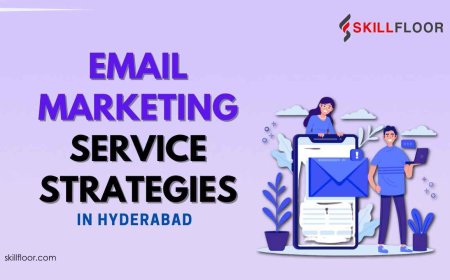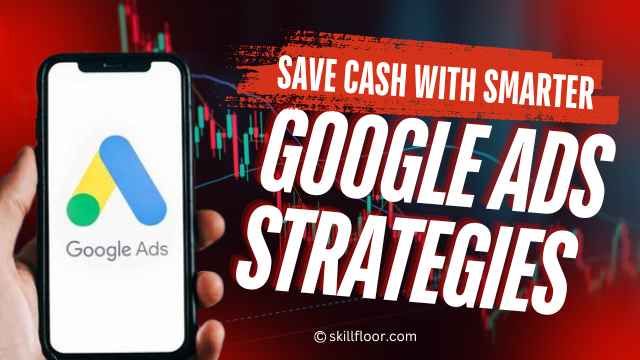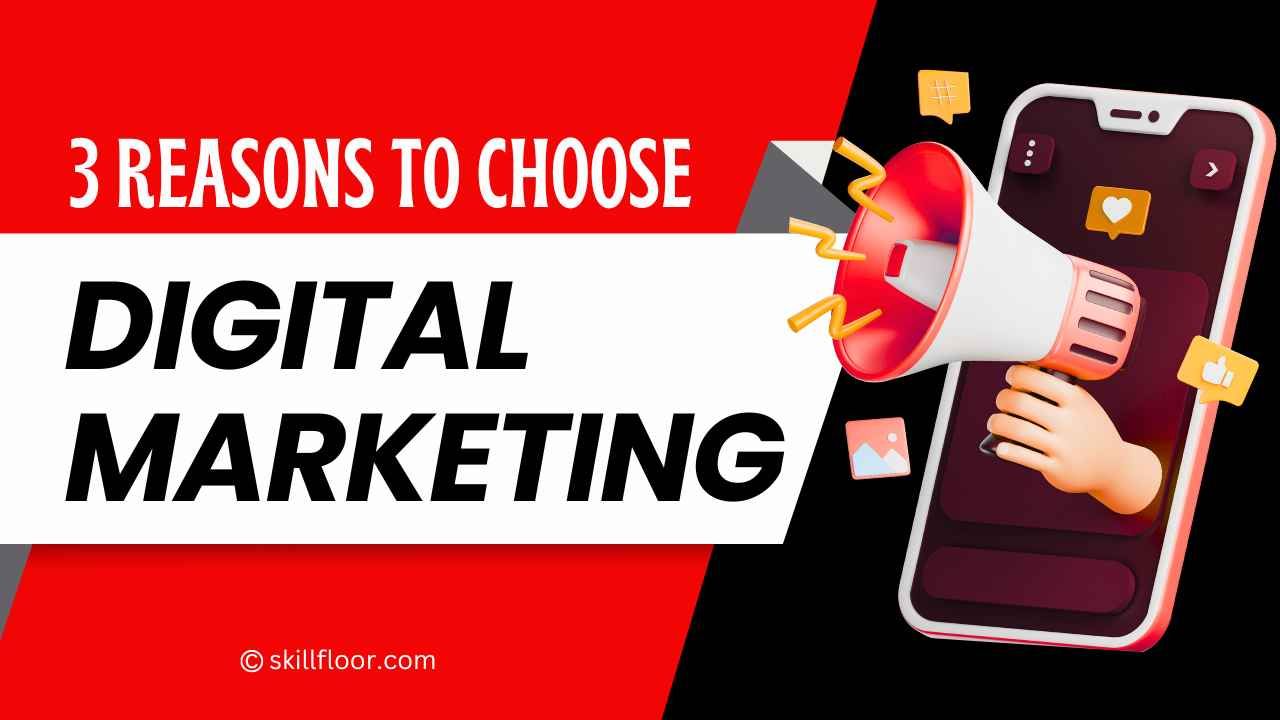What Are The Types of Social Media Marketing
Discover the various types of social media marketing strategies to boost engagement, drive traffic, and increase brand visibility.
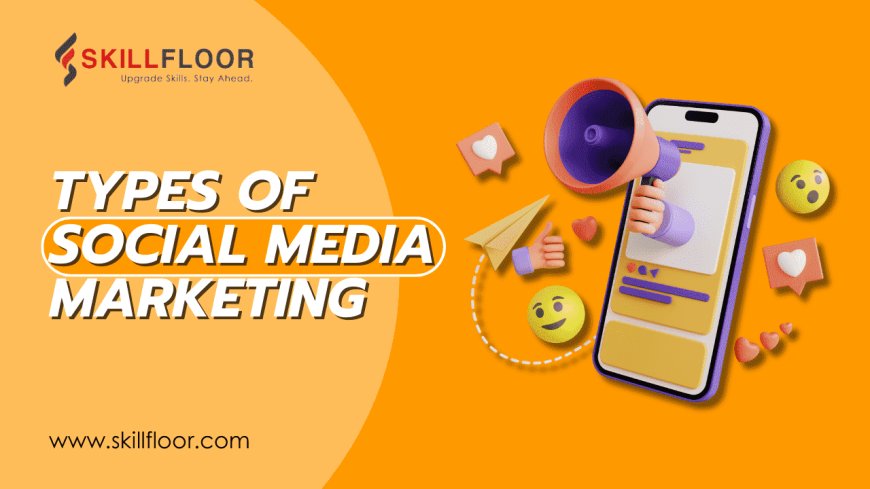
Social media marketing has transformed the way businesses communicate with their target audiences, providing a dynamic platform for brand promotion, customer interaction, and lead creation. In the digital marketing scene, multiple types of social media marketing strategies have developed, each designed to take advantage of particular characteristics of social media platforms. These techniques not only improve brand visibility, but also increase traffic, customer loyalty, and sales.
Content marketing is a popular sort of social media marketing that focuses on developing and sharing useful material to attract and maintain a certain audience. This can include blog entries, films, infographics, and social media postings that aim to inform, entertain, or inspire potential customers. Businesses can establish themselves as industry thought leaders and cultivate an engaged following by creating and distributing strategic content.
Another effective method is influencer marketing, which involves firms collaborating with social media influencers to promote their products or services. Influencers, who have a large and loyal following, can deliver genuine endorsements that resonate with their target demographic. This sort of marketing capitalizes on the trust and authority that influencers have established with their following, resulting in improved brand exposure and conversions.
Types of Social Media Marketing Strategies
1. Content Marketing
Definition: Content marketing is the process of creating and distributing valuable, relevant, and consistent material to attract and maintain a certain target audience. The ultimate goal is to generate profitable consumer activity.
Platforms: Blogs, Instagram, LinkedIn, Facebook, YouTube, and TikTok.
Key Strategy:
-
Educational content: Sharing how-to guides, tutorials, and informative articles.
-
Visual content: Using infographics, photos, and videos to effectively communicate messages.
-
User-Generated Content: Encourage customers to share their experiences and tales about your brand.
Benefits: Content marketing positions your company as an industry authority, fosters trust with your audience and boosts SEO.
2. Influencer Marketing
Definition: Influencer marketing is promoting your products or services through individuals who have a large social media following. Influencers can include celebrities, industry experts, and even micro-influencers with specific audiences.
Platforms: Instagram, YouTube, TikTok, Twitter.
Key Strategy:
-
Sponsored Posts: Working with influencers to make posts that highlight your product.
-
Product Reviews: Sending things to influencers for honest feedback.
-
Affiliate Marketing: Giving influencers exclusive discount codes or affiliate links to promote with their audience.
Benefits: Influencer marketing may increase brand exposure, attract new audiences, and drive conversions through genuine endorsements.
3. Social Media Advertising
Definition: Social media advertising entails running paid ads across multiple channels to reach a larger audience. These advertisements can be highly targeted according to demographics, interests, and behaviors.
Platforms: Facebook Ads, Instagram Ads, LinkedIn Ads, Twitter Ads, Pinterest Ads.
Key Strategy:
-
Sponsored Posts and Stories: Getting posts featured in users' feeds or tales.
-
Carousel Ads: Displaying multiple images or videos in a single ad.
-
Video Ads: Utilizing engaging videos to capture attention.
-
Lead Generation Ads: Using advertisements to directly collect user information.
Benefits: social media advertising includes accurate targeting, measurable results, and the capacity to quickly scale campaigns.
4. Social Media Contests and Giveaways
Definition: Contests and giveaways are promotional methods that encourage users to engage in actions such as liking, sharing, and commenting for a chance to win prizes.
Platforms: Instagram, Facebook, Twitter, TikTok.
Key Strategy:
-
Like and Share Contests: To enter, users must like and share your post.
-
Tag a Friend: Encourage participants to tag their friends in the comments to maximize reach.
-
Photo or Video Submissions: Ask visitors to submit content linked to your brand.
Benefits: Contests and giveaways may quickly boost engagement, broaden your audience, and create excitement for your company.
5. Social Media Commerce
Definition: Social media commerce, often known as social commerce, is the direct sale of things using social media platforms. It combines e-commerce and social media, enabling users to shop without leaving the app.
Platforms: Instagram Shopping, Facebook Shops, Pinterest Shopping, TikTok Shopping.
Key Strategy:
-
Shoppable Posts: Tag products in posts to allow for direct purchases.
-
Live Shopping: Providing live feeds that allow viewers to buy things in real time.
-
Product Catalogs: Creating and managing a catalog of products on your social media page.
Benefits: Social commerce creates a more seamless buying experience, boosts conversion rates, and uses the social side of shopping to generate sales.
6. Social Media Communities
Definition: Creating and sustaining social media communities where like-minded people may engage, share, and support one another around a shared interest or brand.
Platforms: Facebook Groups, LinkedIn Groups, Reddit, Discord.
Key Strategy:
-
Engage Regularly: Posting consistently and interacting with group members.
-
Provide Value: Sharing valuable content and resources relevant to the community.
-
Moderate Effectiveness: Ensuring that the community remains respectful and on topic.
Benefits: Social media communities can increase customer loyalty, provide useful information, and establish a sense of belonging among your audience.
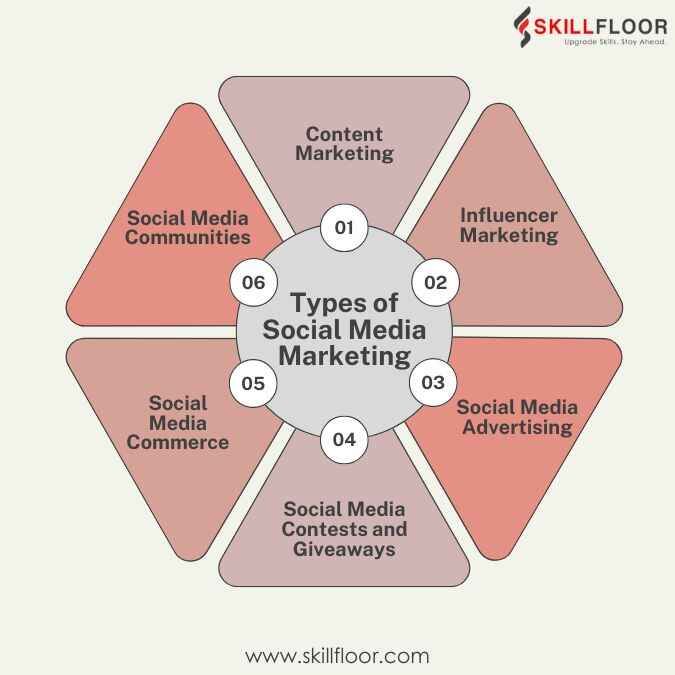
How Can I Measure The Effectiveness Of My Social Media Marketing Efforts?
Measuring the performance of social media marketing campaigns is critical for understanding their impact and enhancing plans. Key performance indicators (KPIs) are used as benchmarks to evaluate performance across many parameters. Engagement indicators such as likes, comments, shares, and clicks measure audience interaction with content, showing its relevance and resonance. Reach metrics measure the size and scope of the audience exposed to social media content, providing information about brand visibility and awareness.
Conversion rates are the percentage of users that complete desired actions, such as making a purchase or signing up for a newsletter and are used to attribute real results to social media campaigns. Return on investment (ROI) measures the profitability of social media efforts by comparing income earned to costs invested, ensuring that resource allocation is in line with corporate objectives and generates good results. By measuring these KPIs, organizations may identify strengths and weaknesses in their social media strategy, identify areas for improvement, and make data-driven decisions to improve overall performance and effectively meet marketing objectives. Regular analysis and optimization based on KPI insights enable organizations to respond to changing market dynamics, maintain a competitive advantage, and create long-term success in the ever-changing world of social media marketing.
Social media marketing provides a broad set of tactics for connecting with your target audience, increasing brand awareness, and driving business success. Understanding and using these many sorts of social media marketing allows firms to develop a comprehensive and effective marketing strategy geared to their specific needs and goals. The opportunities for content marketing, influencer collaborations, paid advertising, and community building are limitless and variable in the dynamic world of social media.



















































